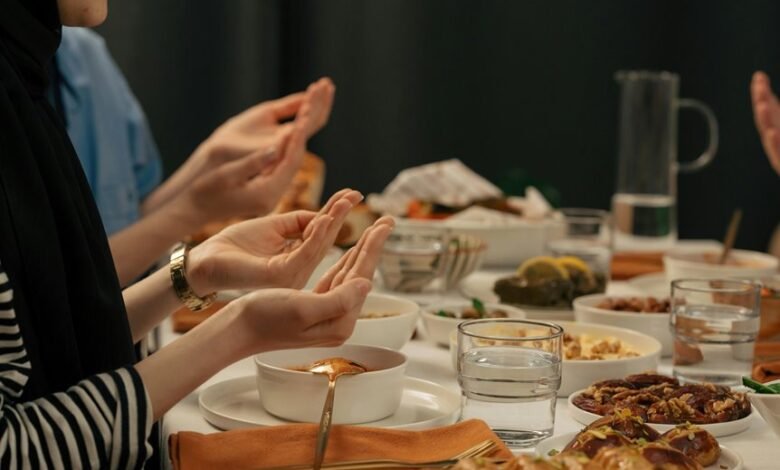Muharram Date in Pakistan: Key Dates and Observances for 2024

Muharram is a pivotal month in the Islamic calendar, especially for Shia Muslims in Pakistan. It marks the martyrdom of Imam Hussain, a figure symbolizing sacrifice and justice. In 2024, significant dates include the start of Muharram on September 7 and Ashura on September 16. The observances during this period reflect deep communal ties and shared grief. Understanding these rituals can shed light on their cultural and spiritual significance. What drives these traditions forward?
Significance of Muharram in Islam
Muharram, the first month of the Islamic lunar calendar, holds profound significance in the Islamic faith, particularly for Shia Muslims.
It serves as a period of spiritual reflection, commemorating the martyrdom of Imam Hussain at Karbala, an event that reshaped Islamic history.
This month encourages believers to contemplate themes of sacrifice, justice, and resistance against tyranny, embodying a quest for freedom in faith and conscience.
Key Dates to Remember in 2024
The observance of Muharram in 2024 will be marked by several key dates that hold particular importance for the Muslim community, especially among Shia Muslims.
Significant historical events, such as Ashura on September 16, will be commemorated, reflecting deep cultural practices rooted in remembrance and mourning.
These dates provide an opportunity for reflection on sacrifice, resilience, and the rich tapestry of Islamic heritage.
Observances and Rituals During Muharram
During Muharram, various observances and rituals take center stage, particularly among Shia Muslims who commemorate the martyrdom of Imam Hussain at the Battle of Karbala.
Mourning practices include public displays of grief, such as processions and recitations, allowing devotees to engage in spiritual reflections.
These acts serve to deepen communal bonds while honoring the legacy of sacrifice, resilience, and the pursuit of justice.
Community Engagement and Activities
Community engagement during Muharram showcases the collective spirit of devotion and solidarity among participants.
Various cultural events, including processions and commemorative gatherings, facilitate community outreach, fostering connections among individuals.
These activities not only reinforce shared values but also promote understanding and respect among diverse groups.
Such engagement serves as a powerful testament to the resilience and unity of communities during this significant period.
Conclusion
In conclusion, Muharram in 2024 serves as a poignant reminder of sacrifice and resilience for the Muslim community in Pakistan. As individuals gather to reflect on the lessons of Imam Hussain’s martyrdom, the observances foster a sense of unity reminiscent of social media’s ability to connect people across distances. Through processions and rituals, communities not only honor their heritage but also reinforce their collective identity, ensuring that the values of justice and compassion continue to resonate through generations.




